Valva

On top of a small promontory among the sweet hills surrounding Salerno, in the heart of Sele Valley (Valle del Sele), lies the marvellous village of Valva: a charming medieval town that counts about 2000 souls, founded during the Roman age. Overlooking the Sele Valley, Valva offers enchanting panoramas and a historical centre rich in medieval narrow alleys and beautiful buildings. This small village is "dominated" by the stunning Villa D'Ayala and its sumptuous park.
This incredible Villa has been many times defined as one of the most beautiful Italian residences, even from authoritative sources. Villa D’Ayala is a real little jewel, indeed! The huge surrounding park, 17 hectares (42 acres) large, seems to be immersed in a sorcerous atmosphere that will surely attract your attention.
Built during the second half of the XVIII century for want of Giuseppe Maria Valva, marquis and last descendant of his noble family, the Villa was finished thanks to the nephew Francesco d’Ayala. Giuseppe d’Ayala, last proprietor of the residence, without descendants, decided to donate everything to the Grand Priory of Naples and Sovereign Order of Malta.
The boundary walls of Villa d’Ayala-Valva, chosen by the king Giuseppe Bonaparte as royal residence, isolates this environment into a magic silence, where you will hear the ‘voices of the wood’. The park is composed by splendid Italian gardens, intersected by long walks adorned with lovely statues representing divinities and heroes, benches, caves and fountains, among rare arboreal species.
The park opens into a small tower with Neo-Gothic portal. From the main path you will be able to see the the Chapel of Madonna di Filerno, then you will find the Foresteria, with a portico embellished by the amazing sculptures. In front of it you will admire the Maretto, Italian garden, with a lovely fountain representing the goddess Diana and a bronze deer. Then you will reach the Peschiera and Fountain of Romitaggio.
At the end of the walk you will notice a turret supporting the Hercules statue. Further on, a semicircular piazza shows the Muses statues, where you will see the door leading to the internal garden, with beautiful paths forming a harp. In the middle of the garden there is a pool with human figures and fishes.
Marble busts representing classical antiquity characters and maybe descendants of the family encircle that area. Two alleys lead to the portico fo the Castle, with bas-reliefs made by Donatello Gabrielli.
In August do not miss the "taratella" food festival, a typical local home-made pasta.
The Chiesa Madre, dated back to the XVIII century, with a nave and two side aisles worth a visit, too! The façade shows three entrances with Baroque portals. There is a valuable workmanship marble high-altar.
The Chapel of Madonna degli Angeli is a simply structured Church with a unique nave, whose apse houses a splendid Renaissance fresco representing the Virgin Mary with the Infant Jesus, and two angels behind.
Walking for a few minutes across a panoramic path you will reach the Chapel of At Biagio.
Thanks to the nearby Salerno-Reggio Calabria highway, from Valva you will be able to easily reach Paestum, Salerno and Amalfi Coast in less than 1 hour.
Villa d’Ayala is open to visits:
1st April - 31st May; h 10 am-1 pm / 4 pm - 7 pm; every Saturday, Sunday and holidays.
1st June – 30th September; h 9 am-1 pm / 5 pm – 8 pm; every Friday, Saturday, Sunday and holidays.
1st October – 31st March; h 10 am -1 pm / 2 pm – 5 pm;every Saturday, Sunday and holidays.
Rent a holiday house in Cilento National Park and travel like a local.

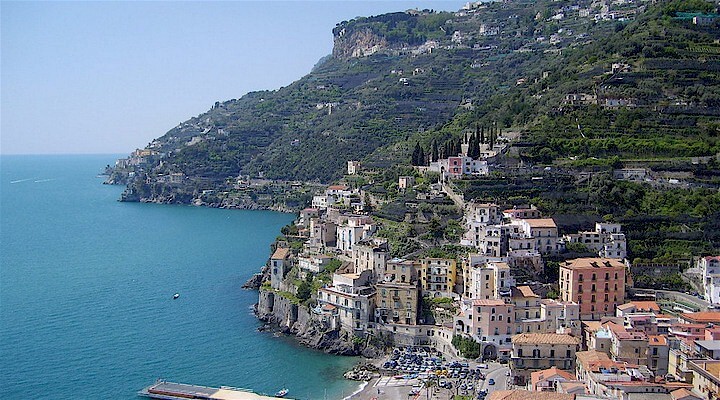 Amalfi Coast
Amalfi Coast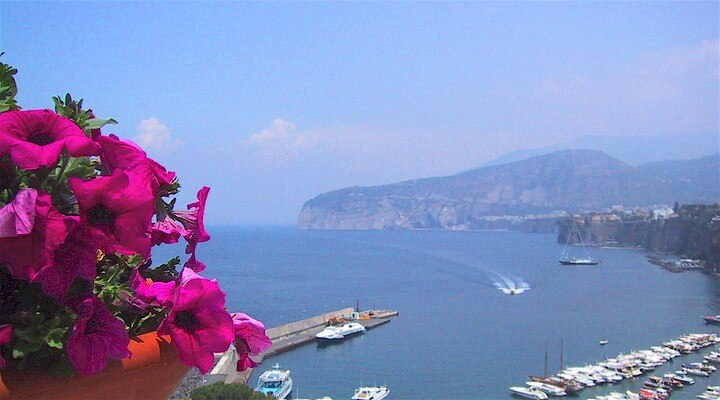 Sorrento Coast
Sorrento Coast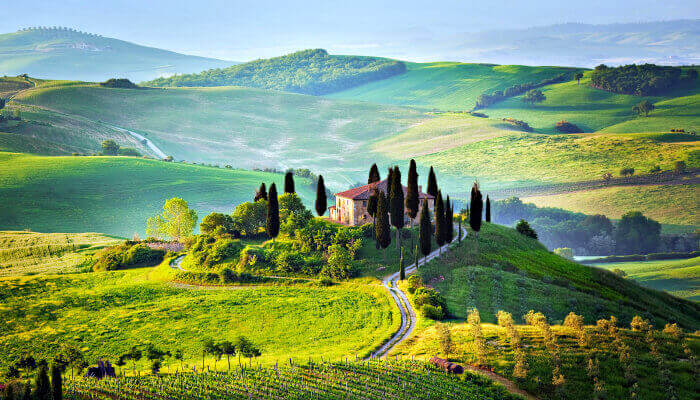 Tuscany
Tuscany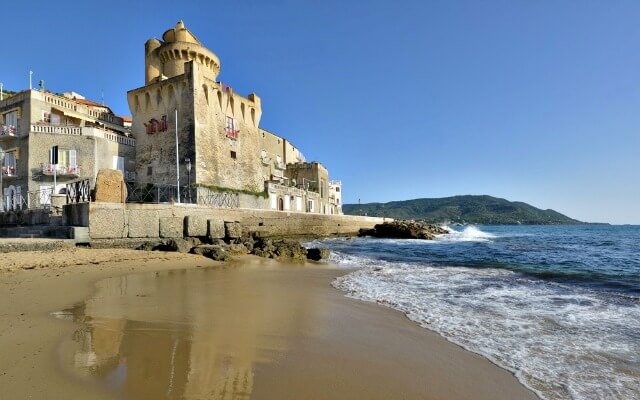 Cilento National Park
Cilento National Park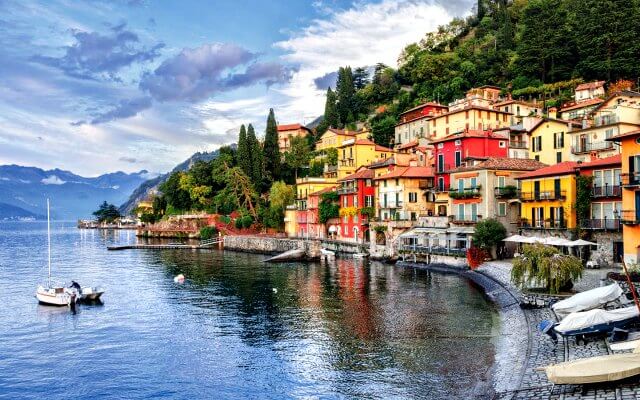 Lake Como
Lake Como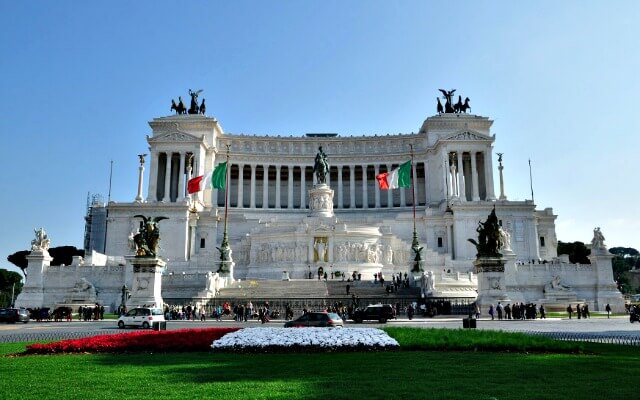 Rome and Latium
Rome and Latium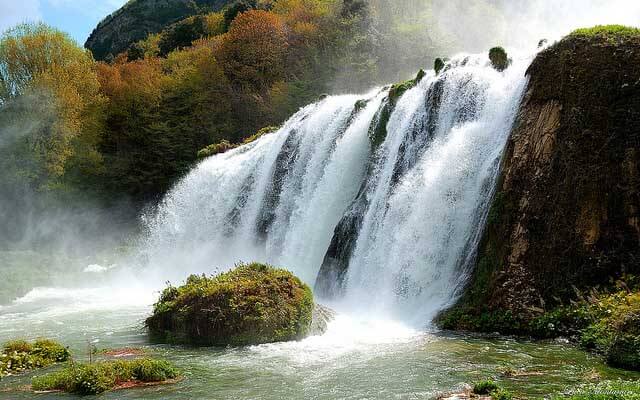 Umbria
Umbria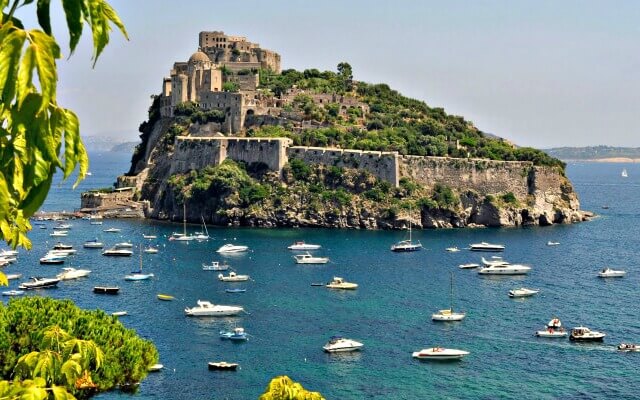 Capri and Ischia
Capri and Ischia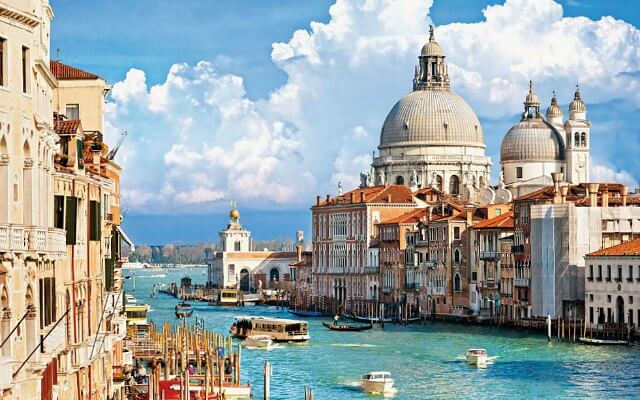 Venice
Venice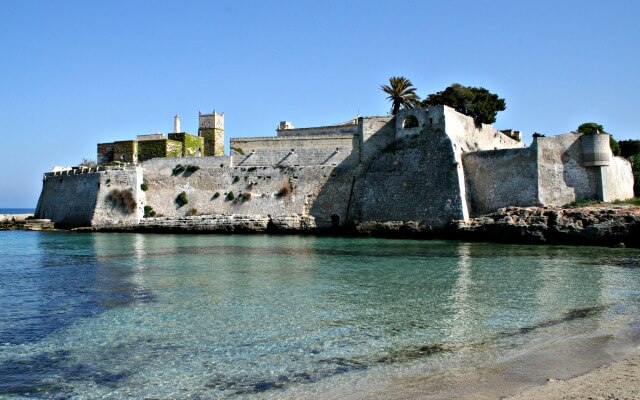 Puglia (Apulia)
Puglia (Apulia)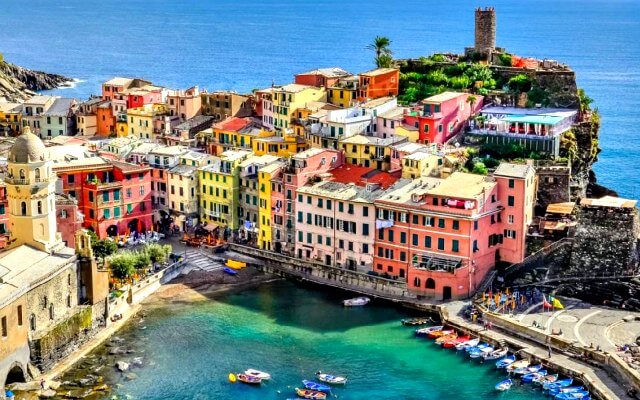 Liguria
Liguria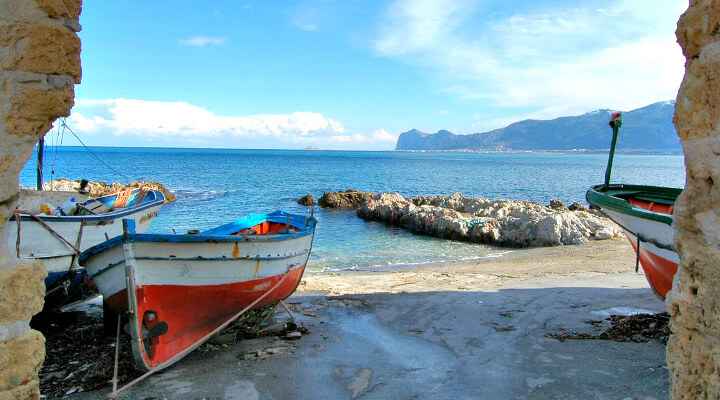 Sicily
Sicily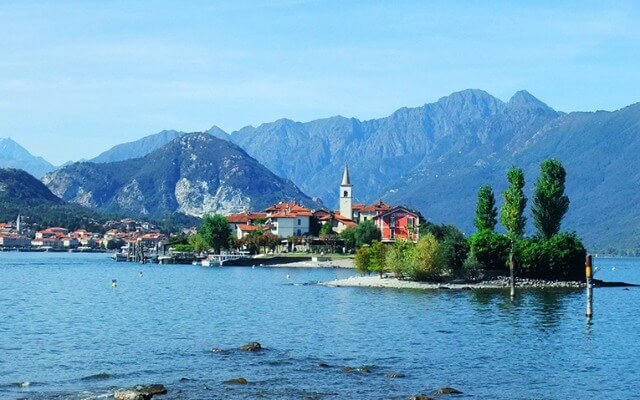 Lake Maggiore
Lake Maggiore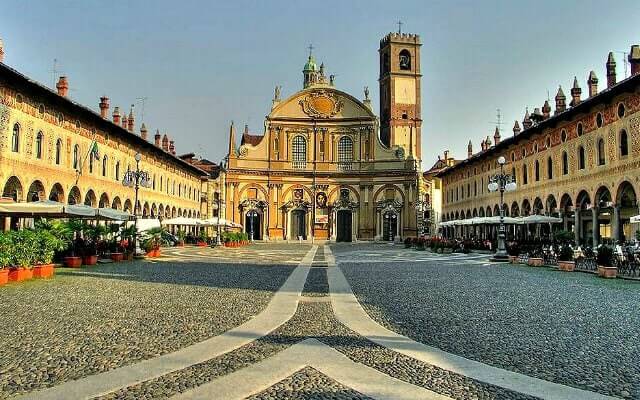 Lombardy
Lombardy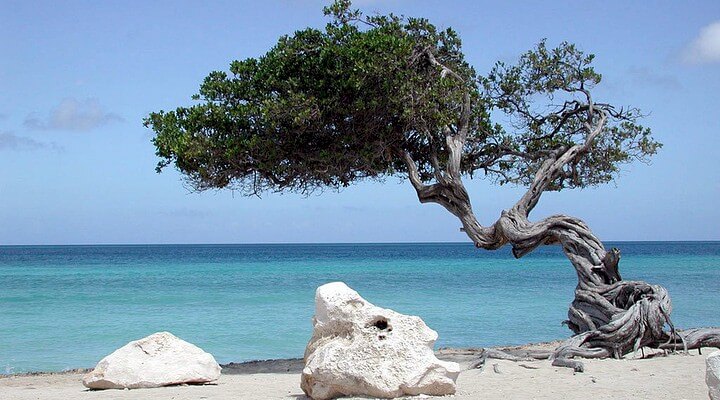 Sardinia
Sardinia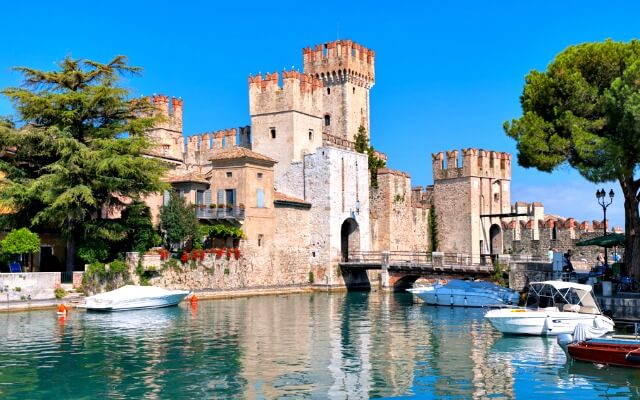 Lake Garda
Lake Garda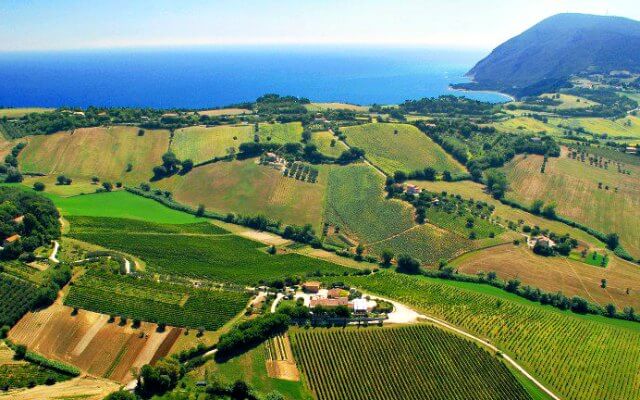 Abruzzo and Marche
Abruzzo and Marche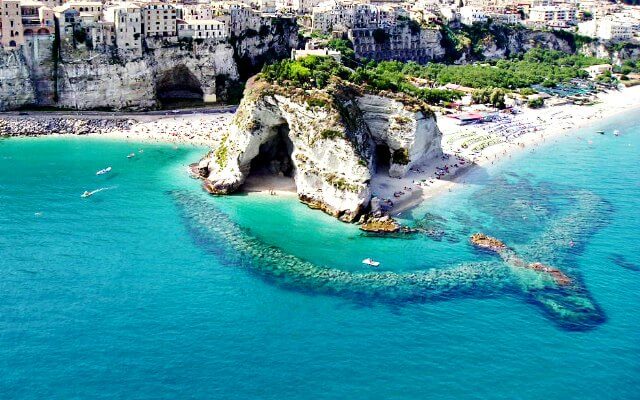 Calabria
Calabria

